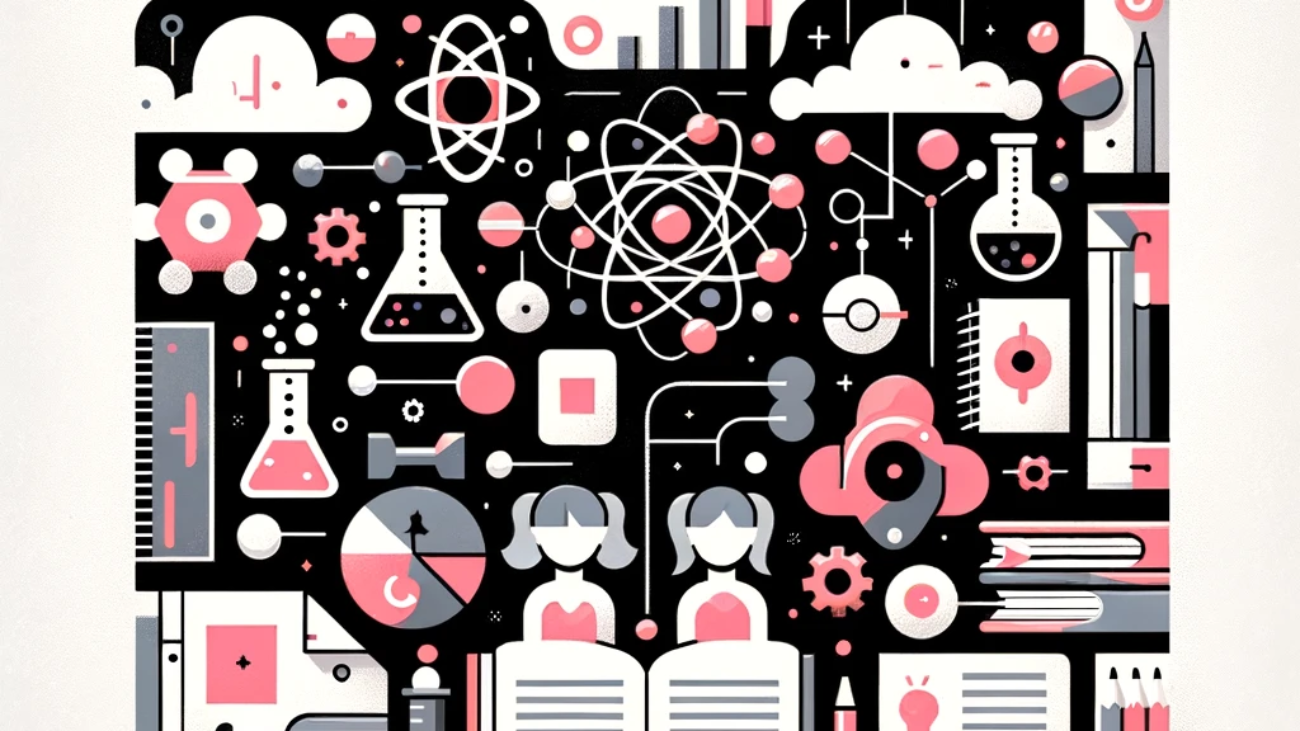The foundation of a nation’s progress lies in the quality of its education system, particularly in the fields of science and technology. In India, there is a growing recognition of the need to bolster science education to prepare students for the challenges of the 21st century. However, traditional teaching methods often fall short in engaging students and fostering a deep understanding of scientific concepts.
To address these challenges, innovative strategies must be implemented to enhance the science achievements of school students. This article explores five key ideas that can transform science education in India, making it more interactive, engaging, and effective. By adopting hands-on learning, integrating technology, promoting inquiry-based learning, investing in teacher development, and collaborating with scientific institutions, schools can significantly improve science outcomes for their students.
Hands-On Learning and Experimentation
Implementing more hands-on learning opportunities and practical experiments can greatly enhance science education. Schools should establish well-equipped science labs where students can engage in experiments and projects that align with their theoretical studies. This approach allows students to directly observe and experiment with scientific phenomena, making learning more interactive and tangible.
Hands-on learning helps students understand complex scientific concepts by seeing them in action. It fosters critical thinking and enhances problem-solving skills, as students learn to apply theoretical knowledge in practical scenarios. Moreover, this method makes science more engaging and relatable, encouraging students to develop a genuine interest in the subject and pursue it with enthusiasm.
Integration of Technology and Digital Tools
Leveraging technology and digital tools can significantly boost the effectiveness of science education. Schools can incorporate virtual labs, interactive simulations, and educational apps into their curriculum, providing dynamic and immersive learning experiences. These tools can make abstract scientific concepts more accessible and easier to grasp, catering to various learning paces and styles.
Technology enables personalized learning experiences, allowing students to learn at their own pace and revisit challenging concepts as needed. Digital tools also offer interactive and multimedia content that can capture students’ attention and make learning more enjoyable. By integrating technology into science education, schools can create a more engaging and effective learning environment that enhances students’ understanding and interest in science.

Inquiry-Based Learning and Scientific Inquiry
Promoting inquiry-based learning where students are encouraged to ask questions, conduct research, and develop their own hypotheses can transform science education. Teachers can design projects and assignments that require students to explore and investigate scientific phenomena, fostering a scientific mindset and nurturing curiosity.
Inquiry-based learning empowers students to take ownership of their education, making them active participants in the learning process. This method encourages critical thinking, creativity, and independent problem-solving, as students learn to formulate questions, conduct experiments, and draw conclusions. By cultivating a culture of scientific inquiry, schools can foster a deeper understanding of scientific principles and inspire students to pursue excellence in science.
Professional Development for Science Teachers
Investing in continuous professional development programs for science teachers is crucial for improving science education. These programs can focus on modern teaching methodologies, advancements in science, and effective use of technology in the classroom. Well-trained teachers are better equipped to inspire and educate students, ensuring high-quality science education.
Ongoing professional development ensures that teachers stay updated with the latest scientific knowledge and pedagogical strategies. This enables them to deliver more effective and engaging lessons, tailored to the needs of their students. By supporting teachers through continuous learning opportunities, schools can enhance the overall quality of science education and foster a more stimulating learning environment.
Collaboration with Science and Research Institutions
Establishing partnerships between schools and local science and research institutions can provide students with access to advanced resources, mentorship opportunities, and exposure to real-world scientific research. These collaborations can ignite students’ interest in science by exposing them to cutting-edge research and career opportunities.
Mentorship from scientists and researchers can provide valuable guidance and inspire students to pursue excellence in science. Access to advanced resources and exposure to professional scientific environments can broaden students’ perspectives and aspirations. By collaborating with scientific institutions, schools can enrich their science curriculum and provide students with unique learning experiences that enhance their academic achievements.
Conclusion
Enhancing the science achievements of school students in India requires innovative and multifaceted approaches. By implementing hands-on learning, integrating technology, promoting inquiry-based learning, investing in teacher development, and collaborating with scientific institutions, schools can create a more engaging and effective science education environment.
These strategies not only improve students’ understanding and interest in science but also prepare them for future academic and career opportunities in scientific fields. By adopting these approaches, India can nurture a new generation of scientifically literate and motivated students, ready to contribute to the nation’s progress and innovation.

